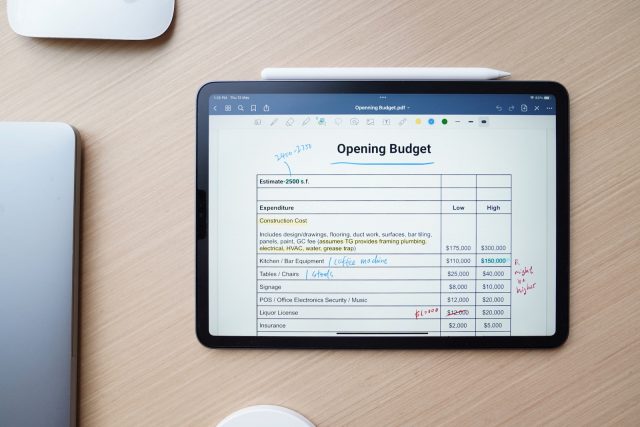Everybody, from the business world to stay-at-home moms, needs a budget. Those who have budgets are better able to know their financial goals and have control on their spending in such a way that these goals are made achievable.
If you ask different people about budgets, most likely you will get different answers.
To homemakers, a budget is an essential factor to keep the financial equilibrium of the entire household. To staff members, budgets get in the way of proposed activities. To finance committees, budgets hold staff members accountable. To most, it consumes too much time and effort. However, budgets are important to any person or organization’s success.
Budgets are guides to show the allocation of resources. Such would include money, time, equipment, and space in order to accomplish a certain task. In effect, they are dollars-and-cents representations of plans for the production of meaningful results during the upcoming year or period of time.
A budget keeps track of money coming in and money going out. Most often than not, people pay utility bills and buy luxurious items before they a realization that there is no room to save money for other necessary expenses anymore.
Zero based budgeting helps in the prevention of this problem.
Zero based budgeting is a method of budgeting in which all expenses must be justified in each new period, as opposed to only explaining the amounts requested in excess of the previous period’s funding.
To better understand zero based budgeting, here’s an example: Each department of an organization which uses zero based budgeting would have to justify its funding every year. That is, funding would have a base at zero. A division of that organization would have to show why its funding effectively aids the company towards its financial goals.
Zero based budgeting is especially recommended for government budgets because expenses can easily run out of control it if is automatically assumed what was spent last year must be spent this year. This means that what has been already spent is not automatically sanctioned. Past expenditures may serve as guide to but not to justify for future outlays.
Traditional budgeting versus zero base budgeting
This is actually a new technique of planning and decision-making. It ultimately reverses the working process of traditional budgeting. In making a zero base budget, you do not need to refer to the previous level of expenditure as basis of a new one.
In traditional references are given to the previous year estimates. Factors are given adjustments to arrive at the figures of current year’s budget. On the other hand, zero base budgeting starts from scratch. Previous year prices are not used for any calculation.
In zero based budgeting you are given a fixed period of time, the next quarter or year for example. You are asked make a justification on the proposed expenses during that time period solely on their rewards.
The advantages of zero base budgeting
– efficient allocation of resources as it is based on needs and benefits
– managers find out cost effective ways to improve operations
– detects inflated budgets
– useful for service of department where the output is difficult to identify
– increases communication and coordination within the company
With zero based budgeting, every department function is reviewed thoroughly. Ultimately, these departments are checked comprehensively as budgets are essential for these departments to work together for the company’s success.
